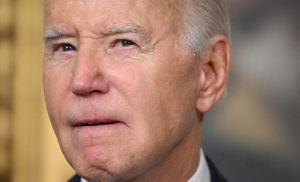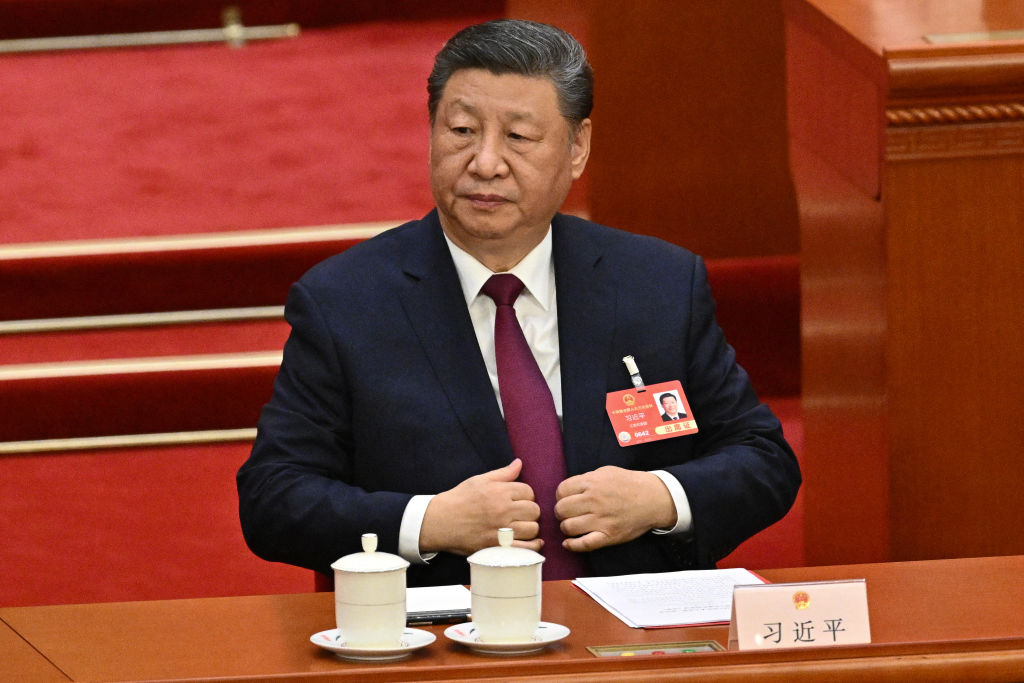South Carolina senator Tim Scott represents the kind of candidate white Republicans like to vote for: a black conservative who directly undermines the left’s claims about the United States’ — and the GOP’s — innate racism. He can punctuate a pro-American litany of personal stories and generational improvement with “Can’t somebody say ‘Amen’?” without any qualms. And unlike Herman Cain or Ben Carson, he can do so as a successful politician who, as he says, went from cotton to Congress in his grandfather’s lifetime.
Cain and Carson overperformed significantly, particularly in the early months of their efforts. Yet Scott is likely to have a ceiling to his own try for the presidency. He is in many ways a throwback to the George W. Bush era of evangelistic conservative candidates, whose faith was front and center, coming off a period when the Republican Party embraced secularism in order to win. How high that ceiling is could be a test of how religious the GOP remains — and how much it wants a sunny, uplifting message instead of one animated by doomsaying. The number two Republican in the Senate, John Thune, is counting on that desire and endorsing Scott — but it may not represent the mood of the electorate.
If the critique of Florida governor Ron DeSantis is that he is too impersonal, cold and calculating in his quest for the White House, Scott is the opposite. Everything about him is based on his personal story, a tale of overcoming poverty and hardscrabble beginnings to achieve great things. His critique of the Joe Biden administration and the left in general comes from someone who has personally experienced the downsides of leftist policies on education, the economy and policing.
Scott’s problem is that he, like his fellow South Carolinian Nikki Haley, has built his reputation on an appeal out of step with the fire and brimstone talk of the current moment. Are Republican primary voters really interested in feel-good talk about the country, or are they more inclined toward messages in line with the constant toxicity of the culture wars? Do they want someone with a winning personality, or someone who promises to crush their political enemies? Unfortunately for the country, the latter seems a lot more popular these days.

























